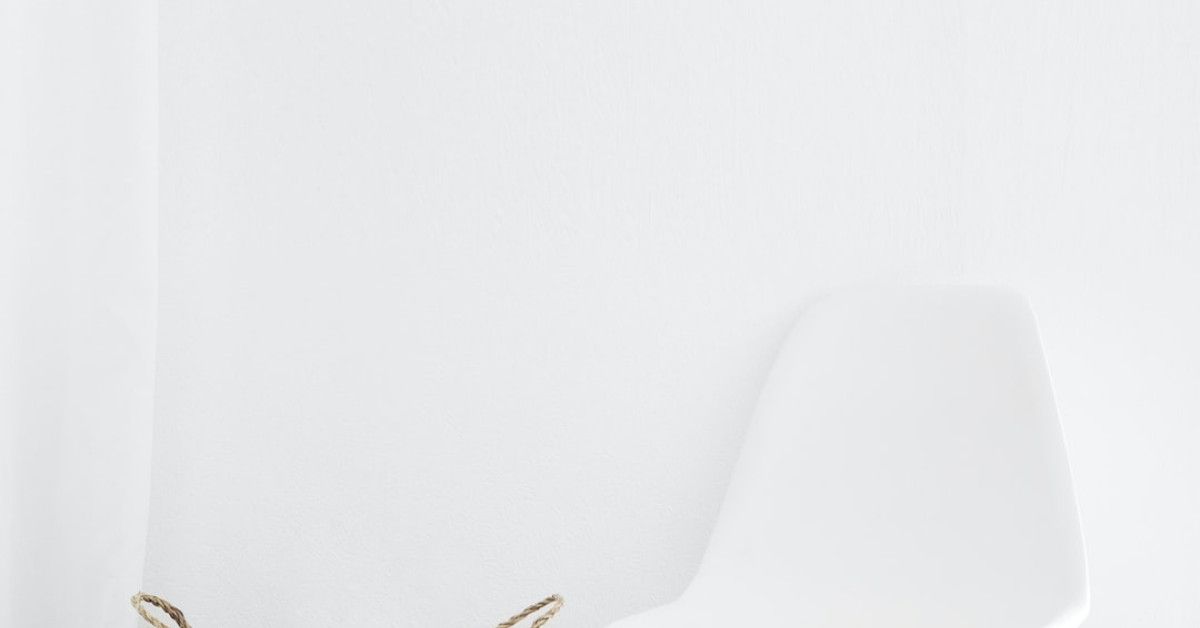Detoxifying charcoal face masks have gained popularity in recent years for their ability to effectively cleanse the skin and remove impurities. Charcoal, known for its adsorbent properties, can help draw out toxins, excess oil, and other impurities from the pores, leaving the skin feeling refreshed and rejuvenated. Making your own charcoal face mask at home ensures that you have control over the ingredients, allowing you to customize the mask to suit your specific skincare needs. In this article, we will explore eight DIY charcoal face masks that you can easily make at home.
1. Charcoal and Honey Mask
Ingredients:
- 1 tablespoon activated charcoal
- 1 tablespoon raw honey
- 1 teaspoon coconut oil
- 2-3 drops of tea tree oil
Method:
- In a small bowl, combine the activated charcoal, raw honey, coconut oil, and tea tree oil.
- Mix well until you have a smooth paste.
- Apply the mask to your face, avoiding the eye area.
- Leave the mask on for 15-20 minutes.
- Rinse off with warm water and pat dry.
This charcoal and honey mask provides a deep cleanse while also nourishing the skin. Honey is known for its antibacterial properties, making it an excellent ingredient for acne-prone skin. The coconut oil helps to hydrate and moisturize the skin, while the tea tree oil adds a refreshing and invigorating scent.
2. Charcoal and Aloe Vera Mask
Ingredients:
- 1 tablespoon activated charcoal
- 1 tablespoon aloe vera gel
- 1 teaspoon almond oil
- 2-3 drops of lavender essential oil
Method:
- In a small bowl, mix together the activated charcoal, aloe vera gel, almond oil, and lavender essential oil.
- Stir well to form a smooth paste.
- Apply the mask evenly on your face, avoiding the eye and mouth area.
- Leave the mask on for 15-20 minutes.
- Rinse off with lukewarm water and pat dry.
The combination of charcoal and aloe vera in this mask helps to soothe and heal the skin. Aloe vera is known for its moisturizing and cooling properties, making it beneficial for irritated or inflamed skin. The almond oil provides an extra dose of hydration, while the lavender essential oil adds a calming and relaxing aroma.
3. Charcoal and Yogurt Mask
Ingredients:
- 1 tablespoon activated charcoal
- 1 tablespoon plain yogurt
- 1 teaspoon lemon juice
- 1 teaspoon honey
Method:
- In a small bowl, combine the activated charcoal, plain yogurt, lemon juice, and honey.
- Mix well until you achieve a smooth consistency.
- Apply the mask to your face, avoiding the eye and lip area.
- Allow the mask to sit for 15-20 minutes.
- Rinse off thoroughly with warm water and pat dry.
This charcoal and yogurt mask is perfect for those with oily or acne-prone skin. Yogurt contains lactic acid, which helps to exfoliate and unclog pores. The lemon juice acts as a natural astringent, while the honey provides a soothing and moisturizing effect.
4. Charcoal and Green Tea Mask
Ingredients:
- 1 tablespoon activated charcoal
- 1 tablespoon brewed green tea
- 1 teaspoon bentonite clay
- 1 teaspoon apple cider vinegar
Method:
- In a bowl, mix together the activated charcoal, brewed green tea, bentonite clay, and apple cider vinegar.
- Combine well until a smooth paste is formed.
- Apply the mask evenly to your face, avoiding the eye area.
- Leave the mask on for 15-20 minutes.
- Rinse off with lukewarm water and gently pat dry.
The charcoal and green tea mask is an excellent option for those looking to detoxify their skin and reduce inflammation. Green tea is rich in antioxidants, which can help fight free radicals and reduce signs of aging. Bentonite clay provides additional detoxification properties, while apple cider vinegar helps balance the skin's pH levels.
5. Charcoal and Rosewater Mask
Ingredients:
- 1 tablespoon activated charcoal
- 1 tablespoon rosewater
- 1 teaspoon jojoba oil
- 2-3 drops of rose essential oil
Method:
- In a small bowl, mix together the activated charcoal, rosewater, jojoba oil, and rose essential oil.
- Stir well until a smooth paste is formed.
- Apply the mask evenly on your face, avoiding the eye and mouth area.
- Allow the mask to sit for 15-20 minutes.
- Rinse off with warm water and pat dry.
The combination of charcoal and rosewater in this mask helps to cleanse and tone the skin. Rosewater has anti-inflammatory properties, making it suitable for sensitive or irritated skin. Jojoba oil provides hydration, while the rose essential oil adds a delightful floral aroma.
6. Charcoal and Clay Mask
Ingredients:
- 1 tablespoon activated charcoal
- 1 tablespoon bentonite clay
- 1 teaspoon apple cider vinegar
- 1 teaspoon honey
Method:
- In a small bowl, combine the activated charcoal, bentonite clay, apple cider vinegar, and honey.
- Mix well until a paste is formed.
- Apply the mask evenly to your face, avoiding the eye area.
- Leave the mask on for 15-20 minutes.
- Rinse off with lukewarm water and pat dry.
The charcoal and clay mask is a powerful combination that helps draw out impurities and toxins from the skin. Bentonite clay has a high concentration of minerals, which can help nourish and purify the skin. Apple cider vinegar acts as a natural toner, while honey provides antibacterial and moisturizing properties.
7. Charcoal and Oatmeal Mask
Ingredients:
- 1 tablespoon activated charcoal
- 1 tablespoon ground oatmeal
- 1 teaspoon almond oil
- 1 teaspoon honey
Method:
- In a small bowl, mix together the activated charcoal, ground oatmeal, almond oil, and honey.
- Stir well until you achieve a smooth paste.
- Apply the mask evenly on your face, avoiding the eye and lip area.
- Allow the mask to sit for 15-20 minutes.
- Rinse off thoroughly with warm water and pat dry.
The charcoal and oatmeal mask is a gentle option for exfoliating and cleansing the skin. Oatmeal has soothing properties, which can help calm irritated or sensitive skin. The almond oil provides hydration, while the honey adds antibacterial benefits.
8. Charcoal and Turmeric Mask
Ingredients:
- 1 tablespoon activated charcoal
- 1 tablespoon turmeric powder
- 1 teaspoon coconut oil
- 1 teaspoon honey
Method:
- In a small bowl, combine the activated charcoal, turmeric powder, coconut oil, and honey.
- Mix well until a paste is formed.
- Apply the mask evenly to your face, avoiding the eye and mouth area.
- Leave the mask on for 15-20 minutes.
- Rinse off with warm water and pat dry.
The charcoal and turmeric mask is a powerful combination that helps brighten the skin and reduce inflammation. Turmeric has antimicrobial properties, making it beneficial for acne-prone skin. Coconut oil provides hydration, while honey adds a soothing and moisturizing effect.
Comparison Chart
Here is a comparison chart summarizing the different ingredients and benefits of each charcoal face mask:
| Mask | Key Ingredients | Benefits |
|---|---|---|
| Charcoal and Honey | Activated charcoal, honey | Deep cleanse, antibacterial properties |
| Charcoal and Aloe | Activated charcoal, aloe | Soothes, hydrates, and heals the skin |
| Charcoal and Yogurt | Activated charcoal, yogurt | Exfoliates, unclogs pores, balances sebum |
| Charcoal and Green Tea | Activated charcoal, green tea | Detoxifies, reduces inflammation, fights aging |
| Charcoal and Rosewater | Activated charcoal, rosewater | Cleanses, tones, anti-inflammatory |
| Charcoal and Clay | Activated charcoal, bentonite clay | Draws out impurities, purifies |
| Charcoal and Oatmeal | Activated charcoal, oatmeal | Exfoliates, soothes, cleanses |
| Charcoal and Turmeric | Activated charcoal, turmeric | Brightens, reduces inflammation |
In conclusion, making your own detoxifying charcoal face masks at home is a great way to customize your skincare routine and pamper your skin. These eight DIY recipes showcase the versatility of charcoal as a skincare ingredient, along with other beneficial ingredients such as honey, aloe vera, yogurt, green tea, rosewater, clay, oatmeal, and turmeric. Remember to perform a patch test before applying any new ingredients to your face, and if you have any existing skin conditions, consult a dermatologist before trying these masks. Regular usage of these masks can help improve the overall health and appearance of your skin, leaving you with a fresh and radiant complexion.

